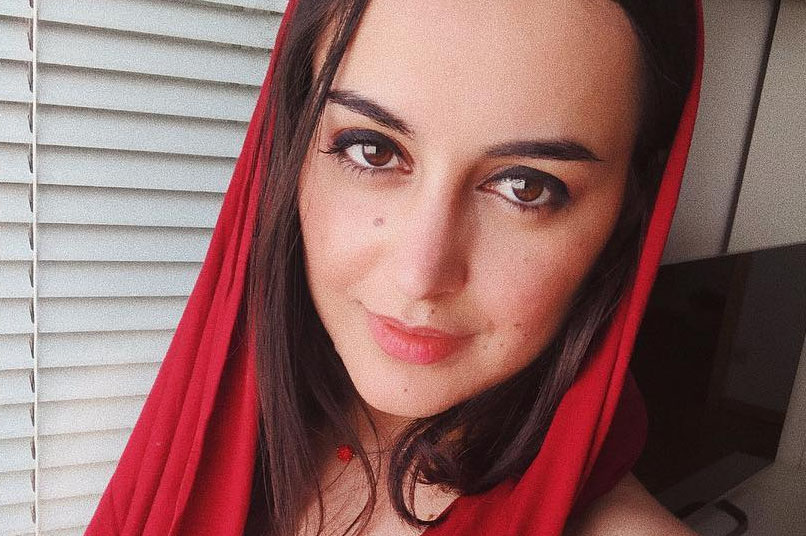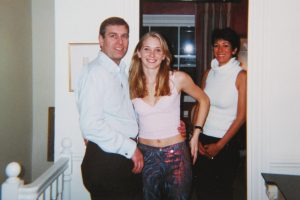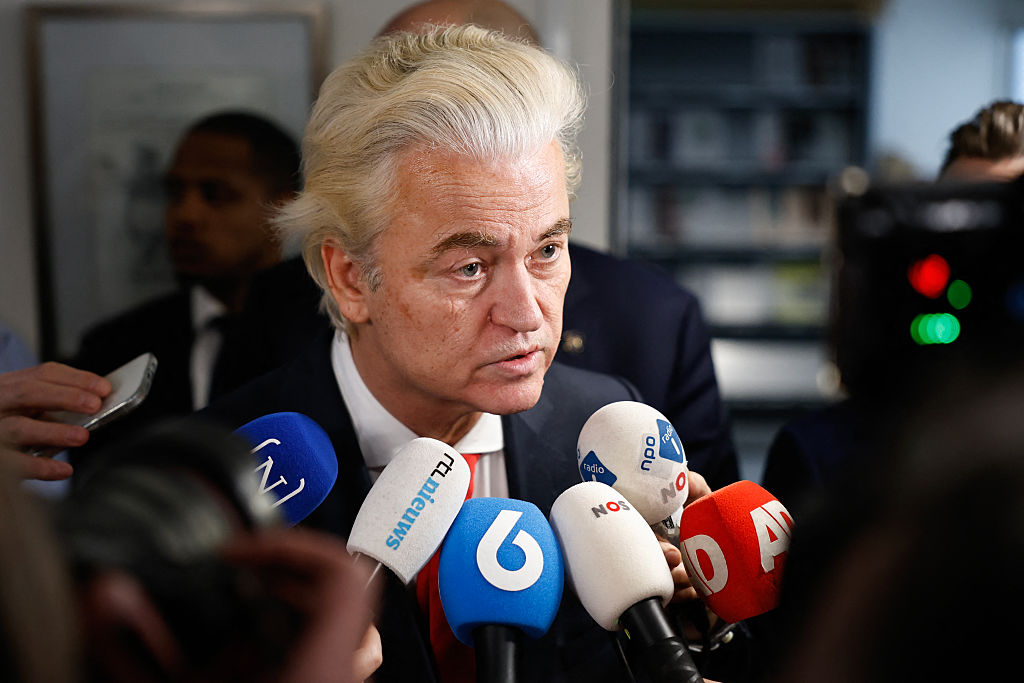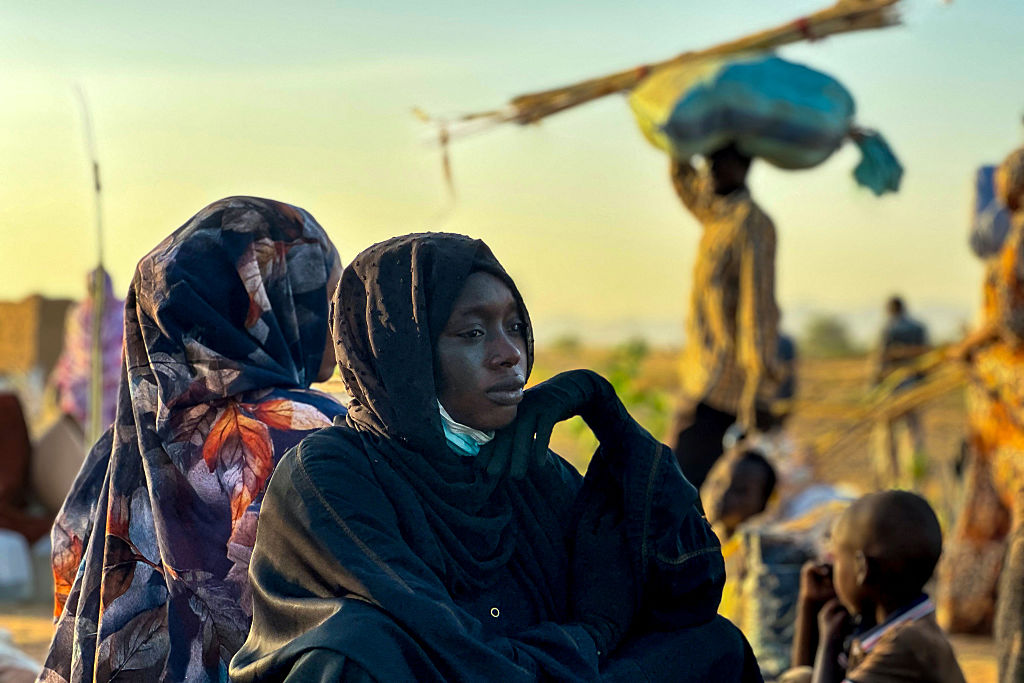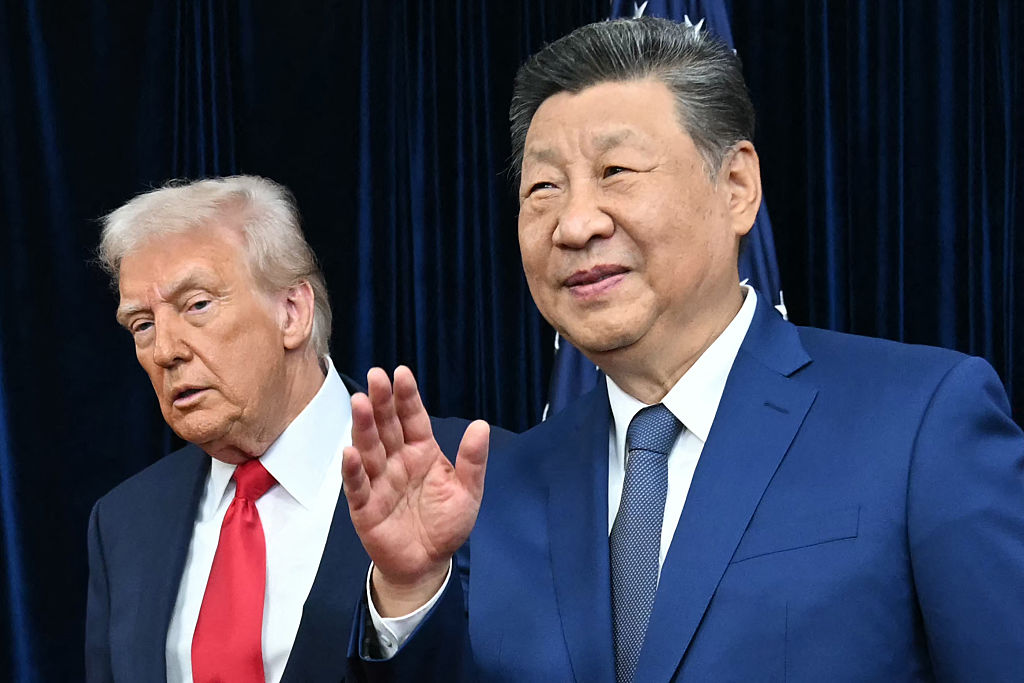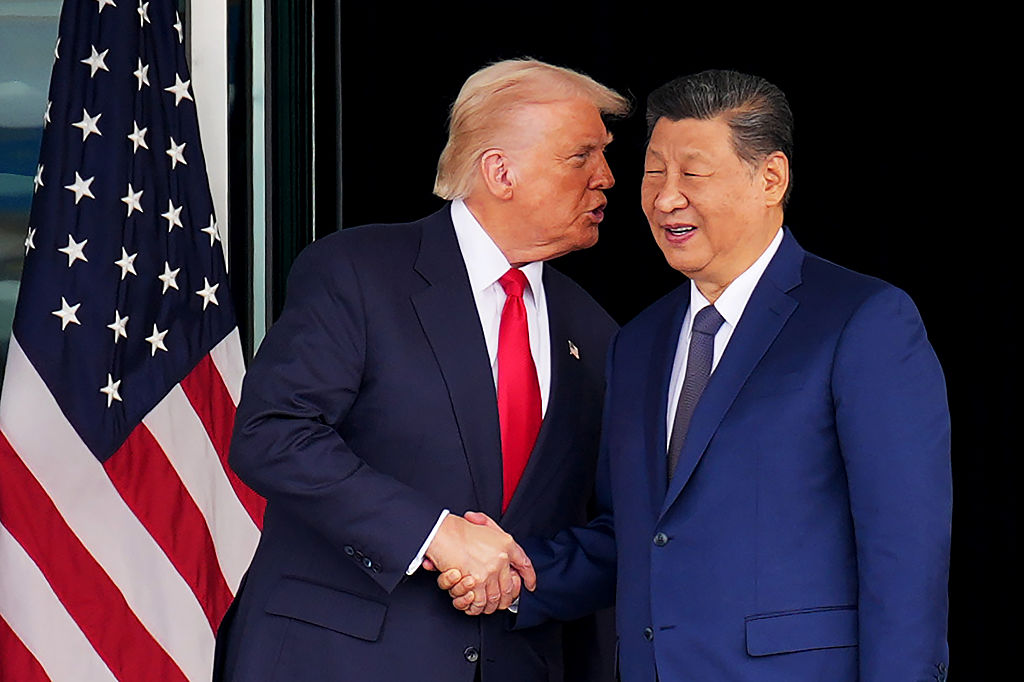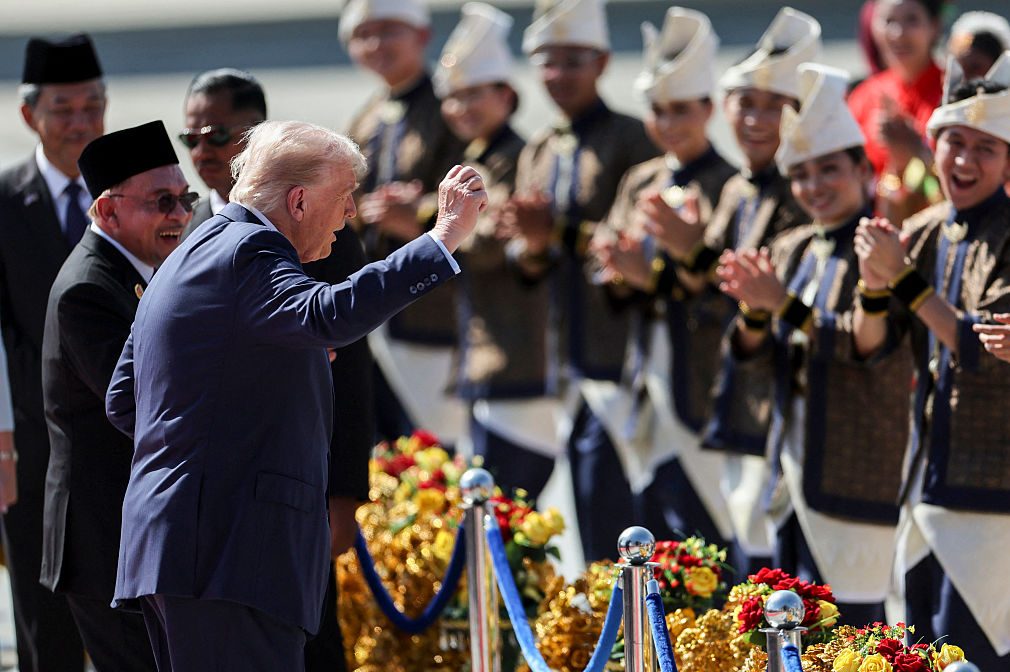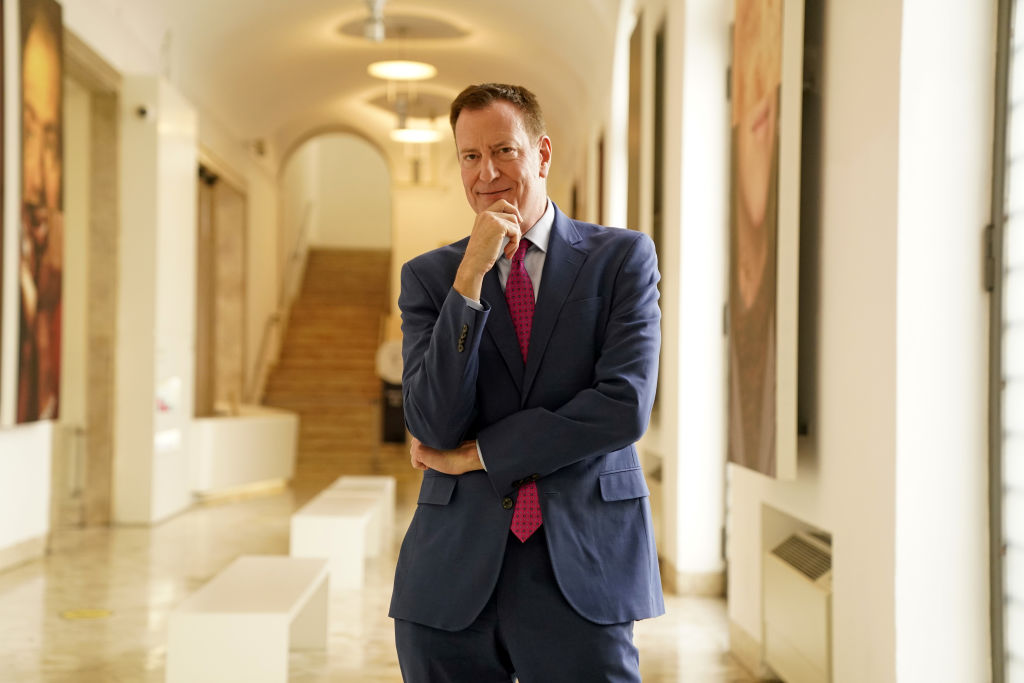I was born in war-torn Afghanistan during the Taliban regime and I came to the UK at the age of 9. Today, I am travelling and working as a porn actress.
Some on the right will be uncomfortable with my story because of its unabashed celebration of kinky sex. And it will be even more uncomfortable for many liberals because of their twisted understanding of tolerance and their culturally suicidal devotion to so-called diversity.
For example, no matter how much and how hard many on the left claim to fight for women’s rights, I have noticed that they usually turn a blind eye to the severe restrictions Islam imposes on women, like dress codes, corporal punishment for infringing on “Islamic values,” forced marriages, and female genital mutilation.
Take it from me: I know too much about Islam and its dark side. And I have seen first-hand how Islam, at its worst, operates, here in the West, right under our noses.
Islam was forced on me by my biological parents, first in Afghanistan as a child and then in Britain as an adolescent. My parents told me Islam is more important than anything else, even more important than the love between parents and their kids. Based on Islamic rules, my parents directed me how to dress, what to do, what to think, and who to be.
I grew up fearful of going to hell, fearful of knowing myself, and fearful of everything that goes against Islamic teachings. My parents tried to make me hate everything modern, civilised and secular. And this part of my story is not unique: this is the sad and hopeless reality of many Muslims the world over.
In secondary school in East London (a girls’ school, because my parents didn’t want me to integrate), we were taught about equality. But at home there was nothing but inequality and fear. I was forced to do the cooking, cleaning, and ironing while my brothers would sit and order me and my sisters around, because it was a woman’s job in accordance with Islam’s teachings. These teachings encourage men to look down on and discriminate against women and my brothers would quote verses to us from the Qur’an and Hadiths which justified their behaviour. To put it bluntly: Islam, practiced this way, is nothing but old men’s wet dreams “deified” in order to immunise their idiocy against criticism.
As I grew into my teenage years, it dawned on me that soon a moment would come, one Muslim women are told to cherish even while it amounts to nothing but violence against the spirit and the will. If I stayed in my home, I would be married off and my parents would give “ownership” of me to some man of their choosing who could do with me as he pleased since consent doesn’t exist in such a mentality. The clock was ticking.
By good fortune, when I was 19, I met a man (who later became my husband, by my choice!), who is an atheist Jew and we fell in love. I’d had enough of being slapped, beaten, deprived of my rights, and being told what was good for me. And so I decided to give up everything I knew in exchange for freedom and love.
I left my parents’ house at dawn one day five years ago. I took the Eurostar to Paris from St Pancras to meet my partner. And I have never looked back. For “dishonouring” them, my parents have disowned me. I am perfectly content that they feel this way because they and so many others like them have been abusing women and children in the name of Islam; the internal logic of the religion now requires their shame. Of course my parents did some good things for me as well, including bringing me to London from Kabul. But if my autonomy causes them to suffer because it conflicts with their religious views, then…fine. I feel no guilt.
The first big change for me to was to discard Islam itself. I left this dark cult where it belonged — in the caves — and I started to breathe and live (again), without fear, and without submission. I committed to live by the fruits of my own mind, and in accord with my own desires and judgment.
Those were the first steps of my freedom; the next step was sexuality. I never had any sexual experiences before I left Islam because I had been told to cover my hair, and to dress modestly (which in London makes you feel dumb because of how people stare at you in public, and in summer makes you suffer with the heat). I was told if I broke these rules I would be punished — even with my life. Because of this repression, my later sexual exploration was the most difficult step to freedom which I took.
Then, I started with photography because it made me feel at peace and I discovered I loved to create visual imagery using my body and the camera’s lens. I asked my husband (who is a professional erotic and nude photographer) to take photos of me; I loved the results. I saw “Story of O” and I was curious to try BDSM and I found out I gained a lot of pleasure from it.
The more I explored my sexuality, the freer, and happier, I became. I discovered I am an exhibitionist and I love sex; thus, I applied to several porn companies, working my way onward, at my own pace and comfort level, from “wholesome” producers like Abby Winters to extreme fetish scenes under my own brand name. Every step of the way, I’ve made my own decisions and drawn my own boundaries. Nobody forces me to do anything.
A lot of people look down on porn actresses and sex workers because even Western societies are still prone to a certain prudishness based on their own well-entrenched beliefs about what sex should be. Sex is a powerful force, and for society to have norms about it is understandable. But we must always recognise that they are just that: norms. They are not human universals.
Which is why I am particularly dismayed by the misguided feminists speaking out against sex work and porn by saying it objectifies the female body. They are saying, in essence, “Ladies, cover up.” I wish they could see that this is no different from what the Taliban demanded in the name of God. Both the secular puritans and the Islamic ones have this in common: they believe they know better than I do how I feel and how I should enjoy myself.
As a sex-positive feminist, I speak out against all ideologies — secular and religious — which maintain taboos and oppressive traditions. The way I see it, I am here to breathe free, to create, to live my life to the fullest and to do as I please in voluntary relations with other adults. I don’t give a damn if others disapprove of my choices, or if I offend their sensibilities or arouse their envy because they suspect I am having more fun than they are.
The chief lesson of my journey is that even while different political and religious contexts are by no means spiritually equivalent, it is still possible to be a prisoner of your mind regardless of your situation or society. Yet it is also possible to break free of these barriers — I know I did.



